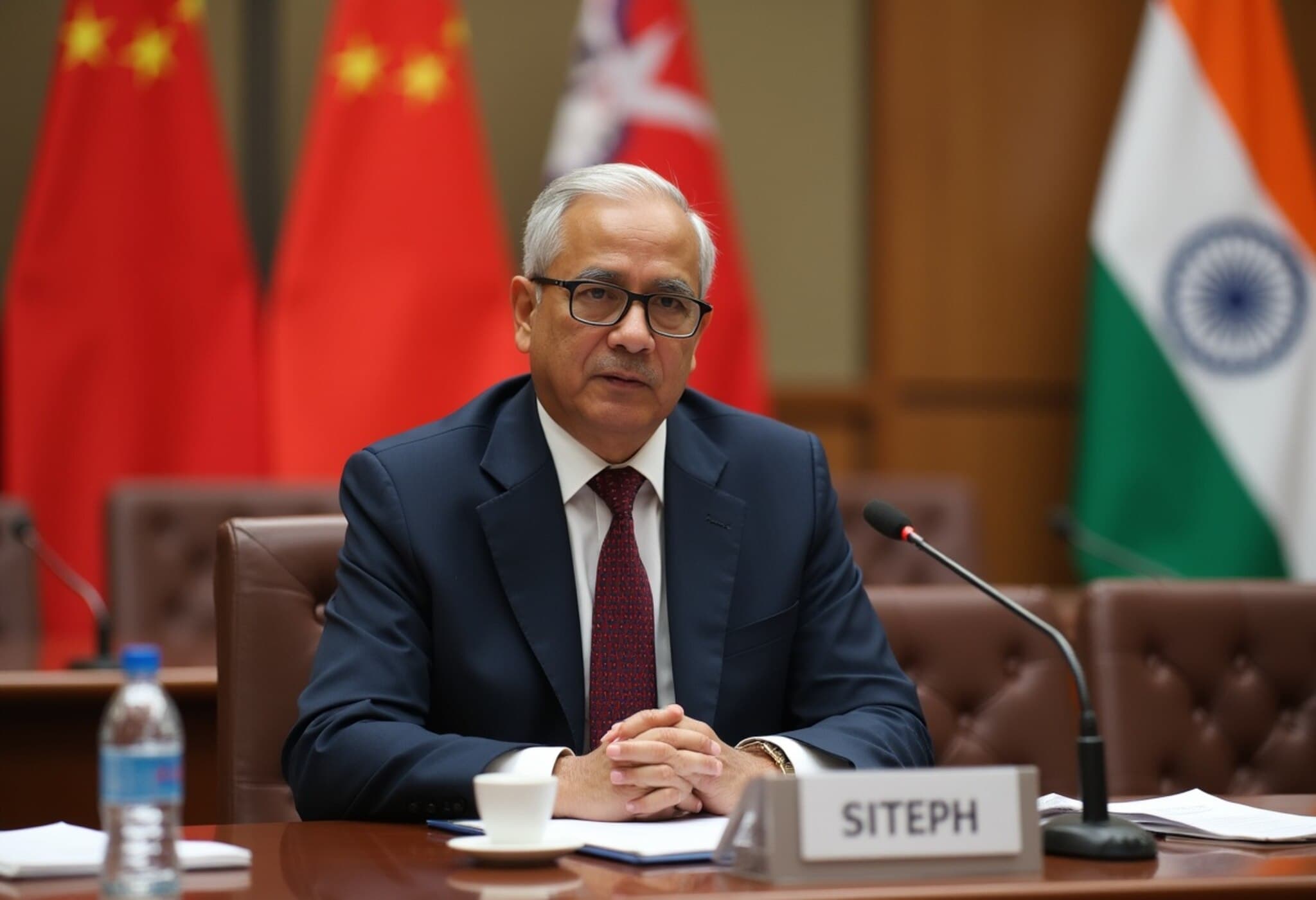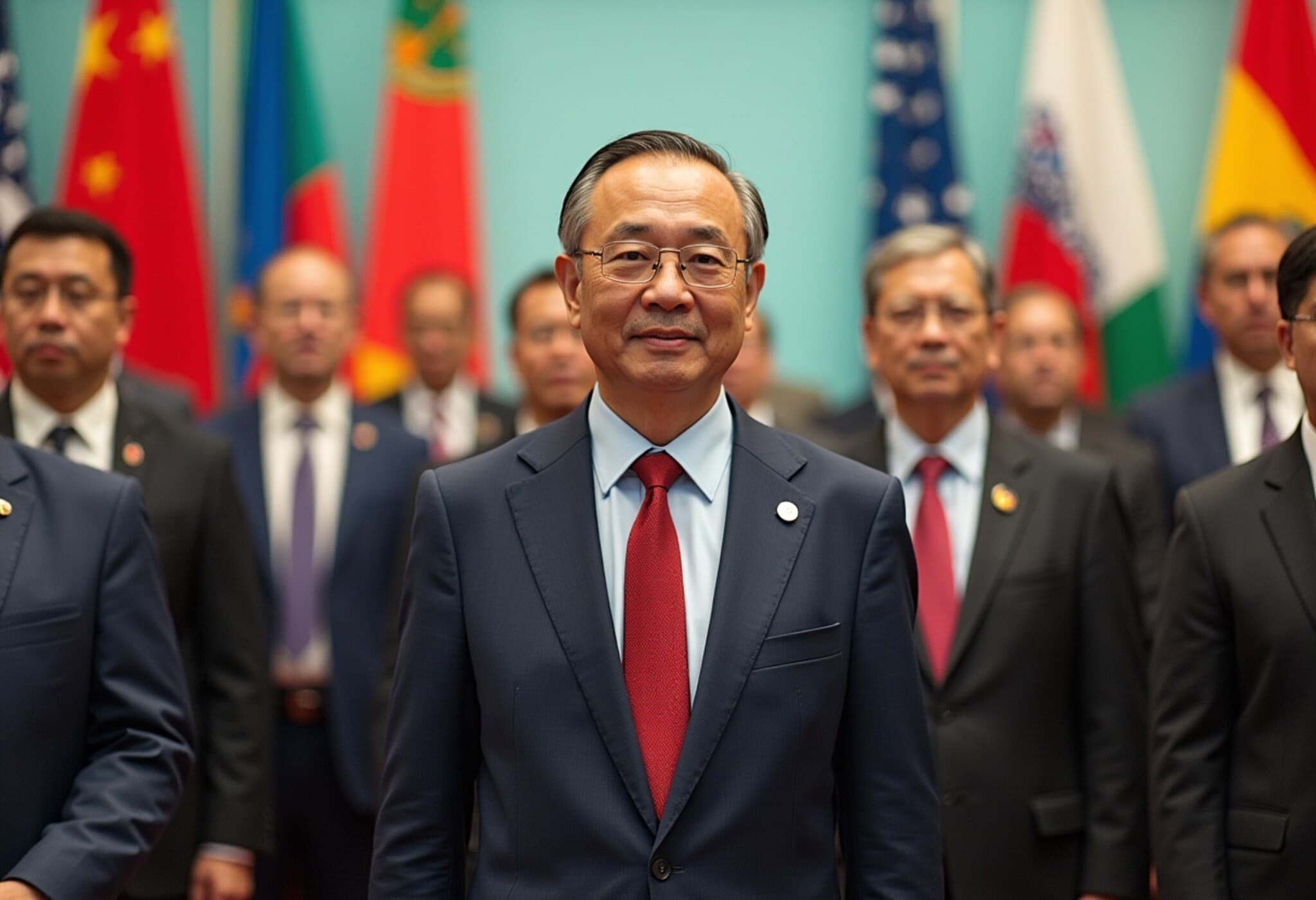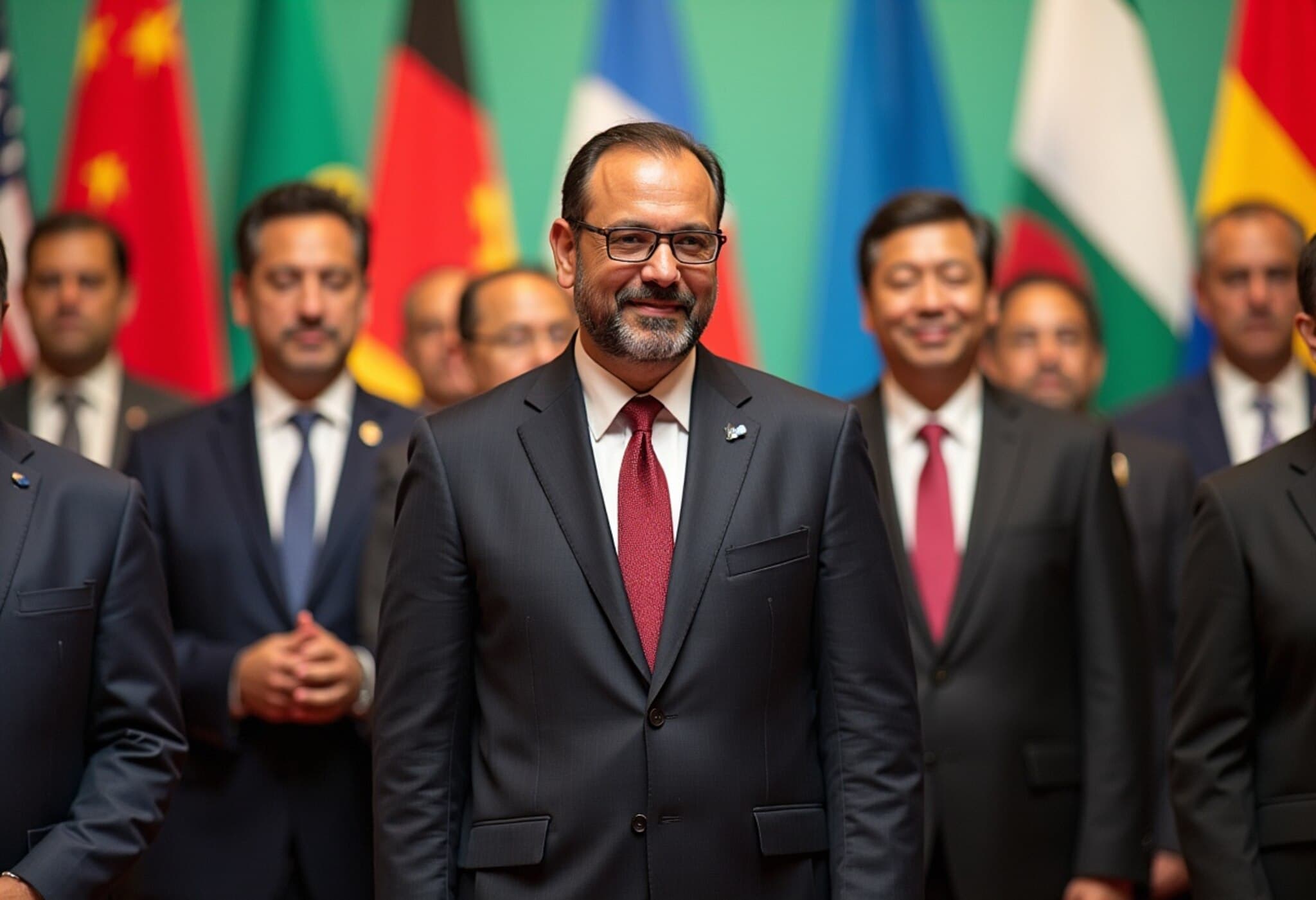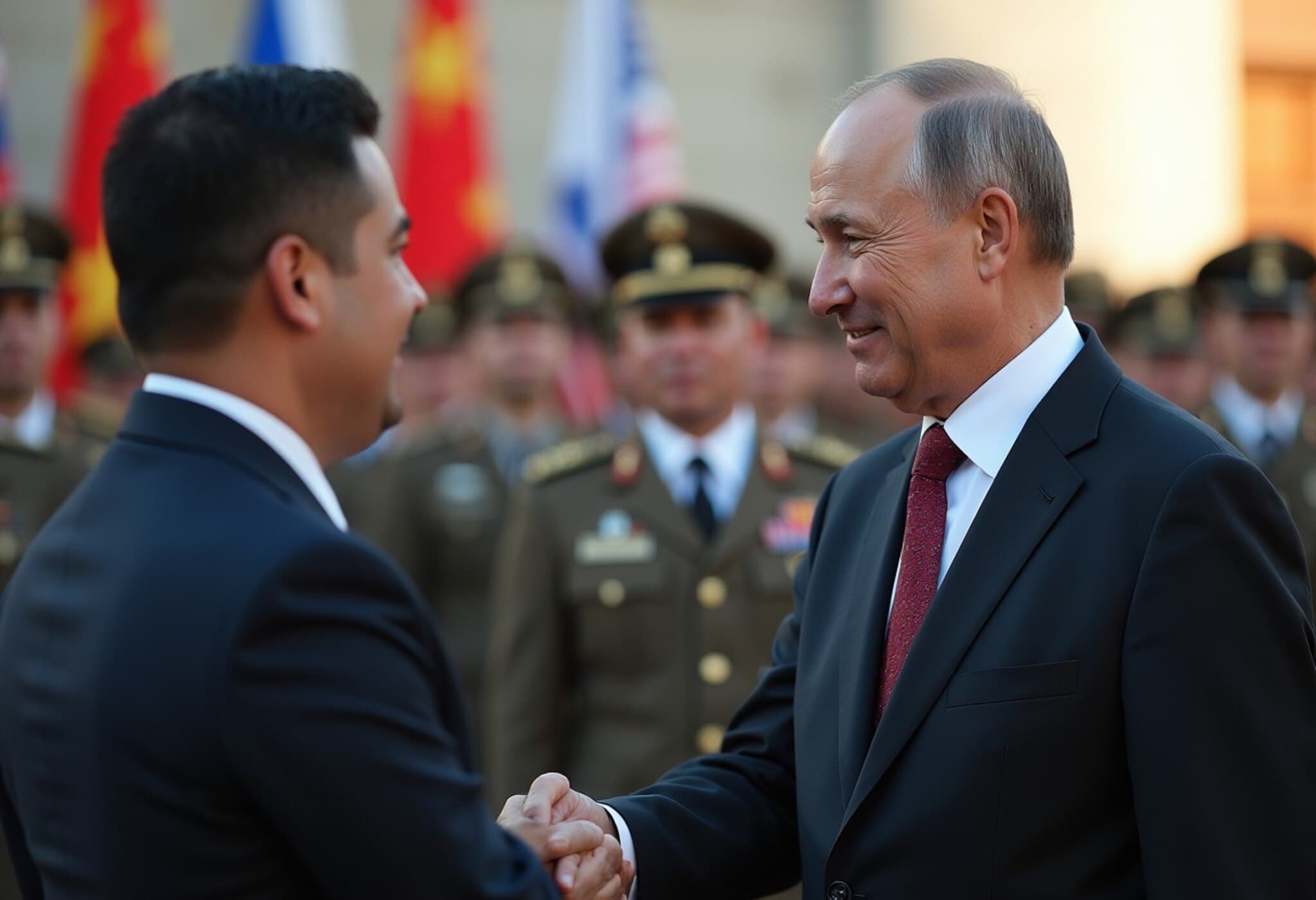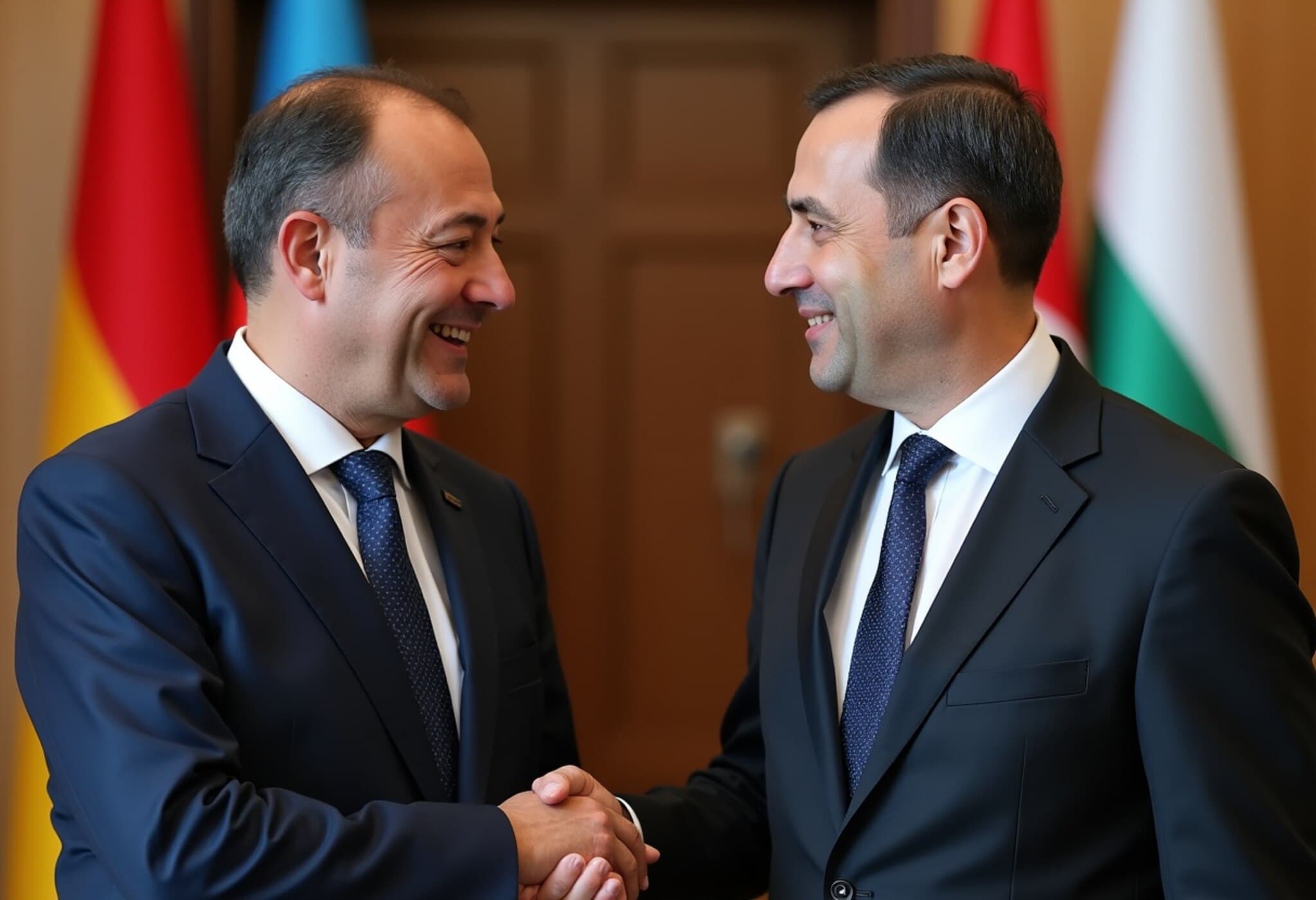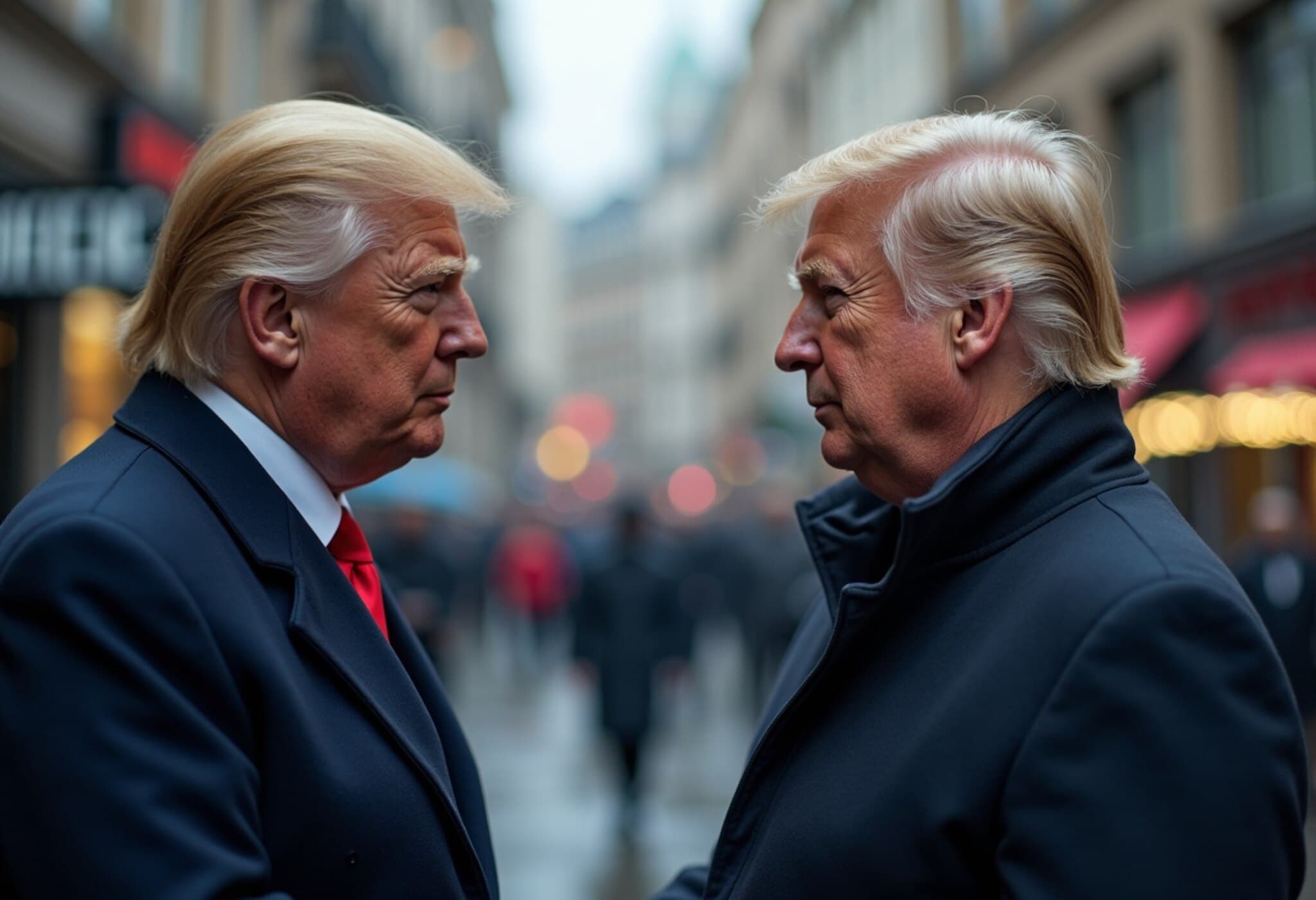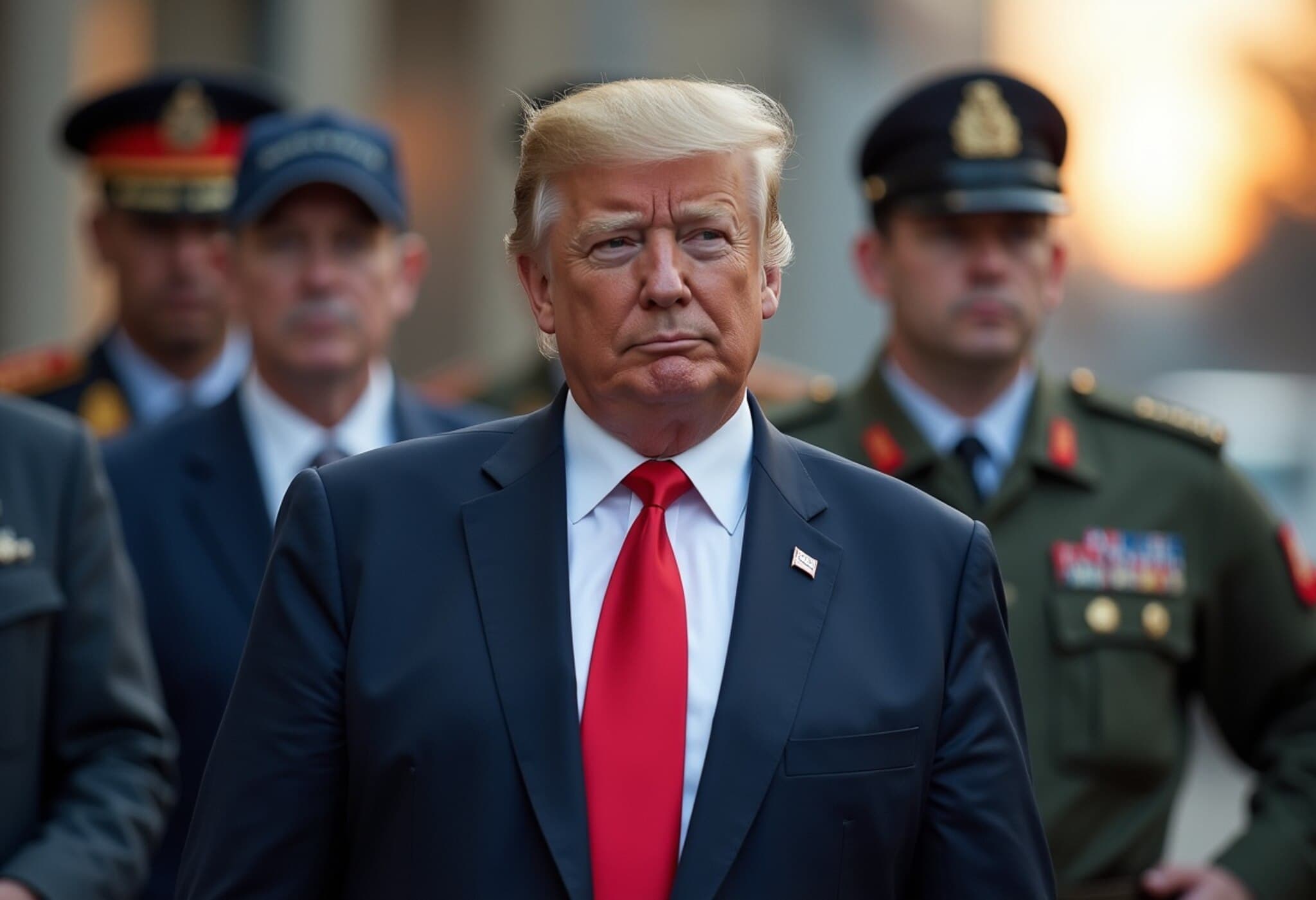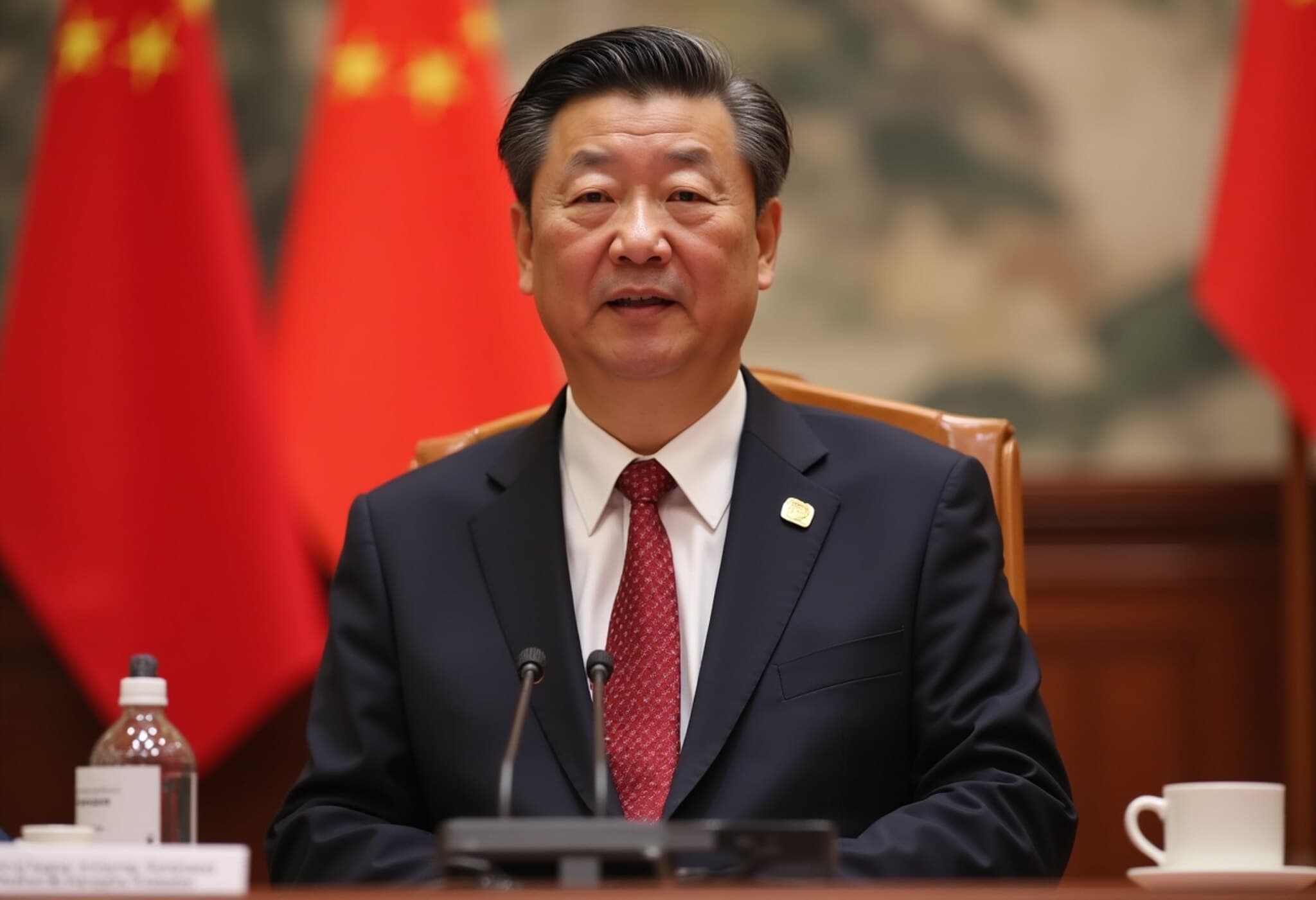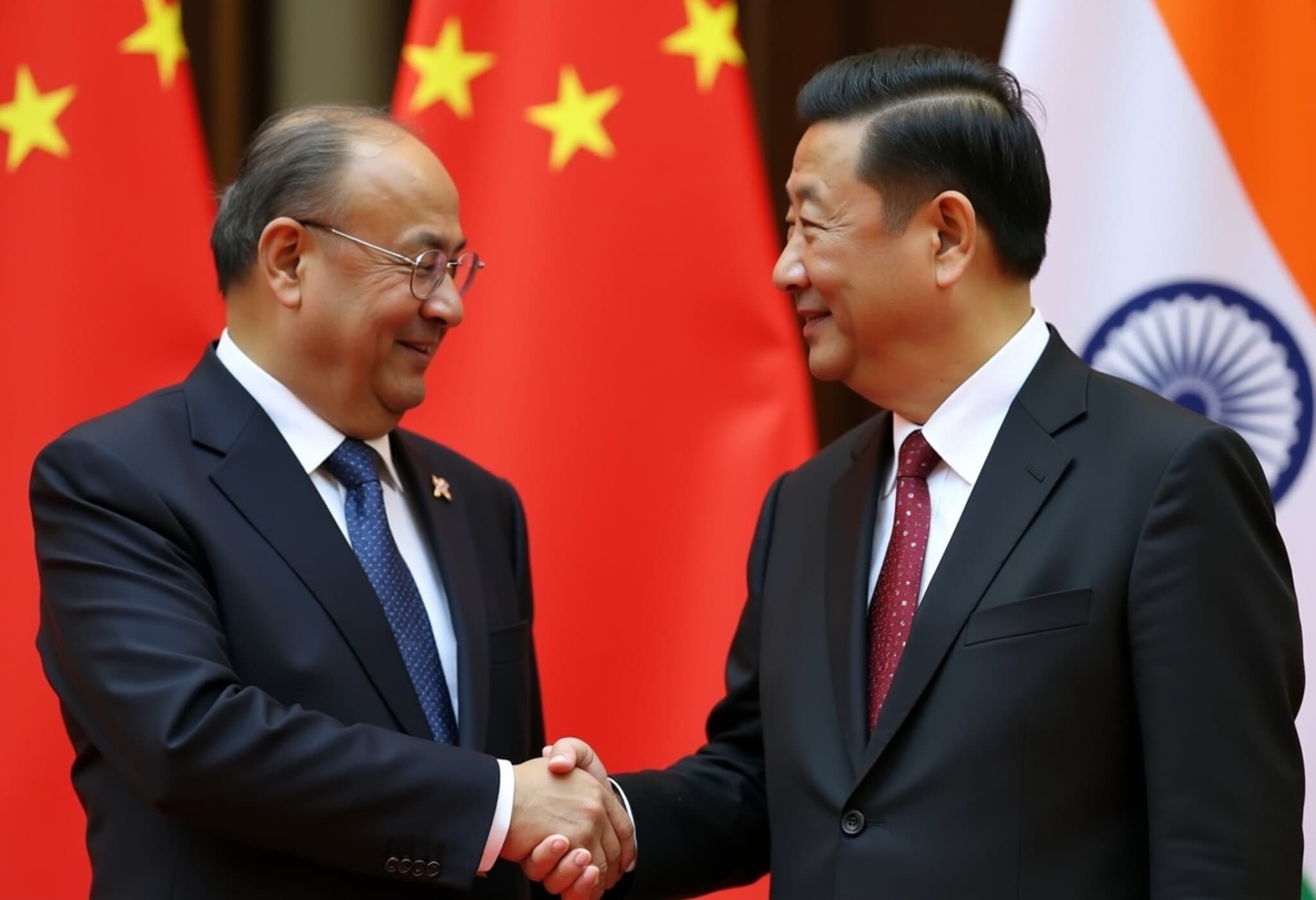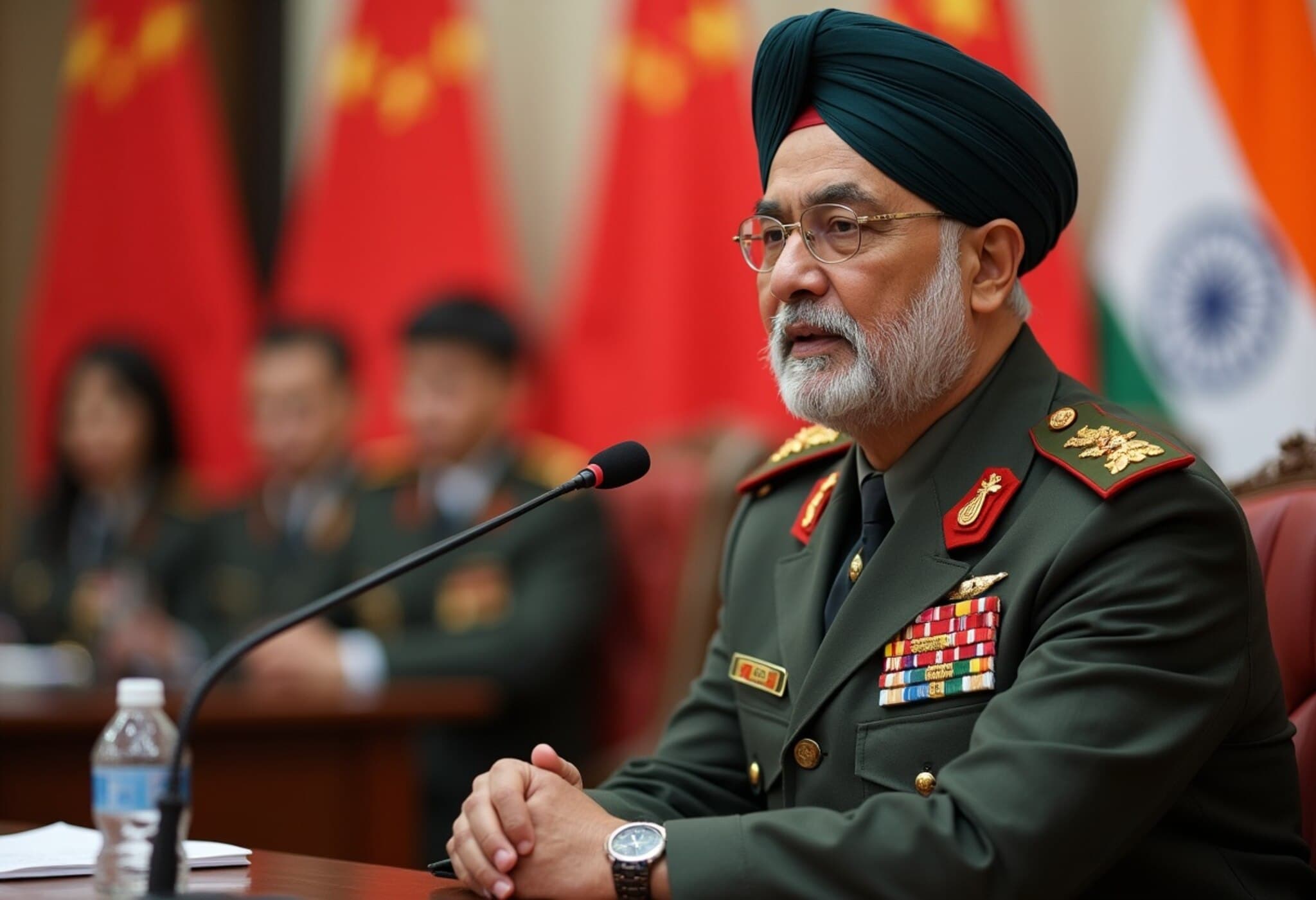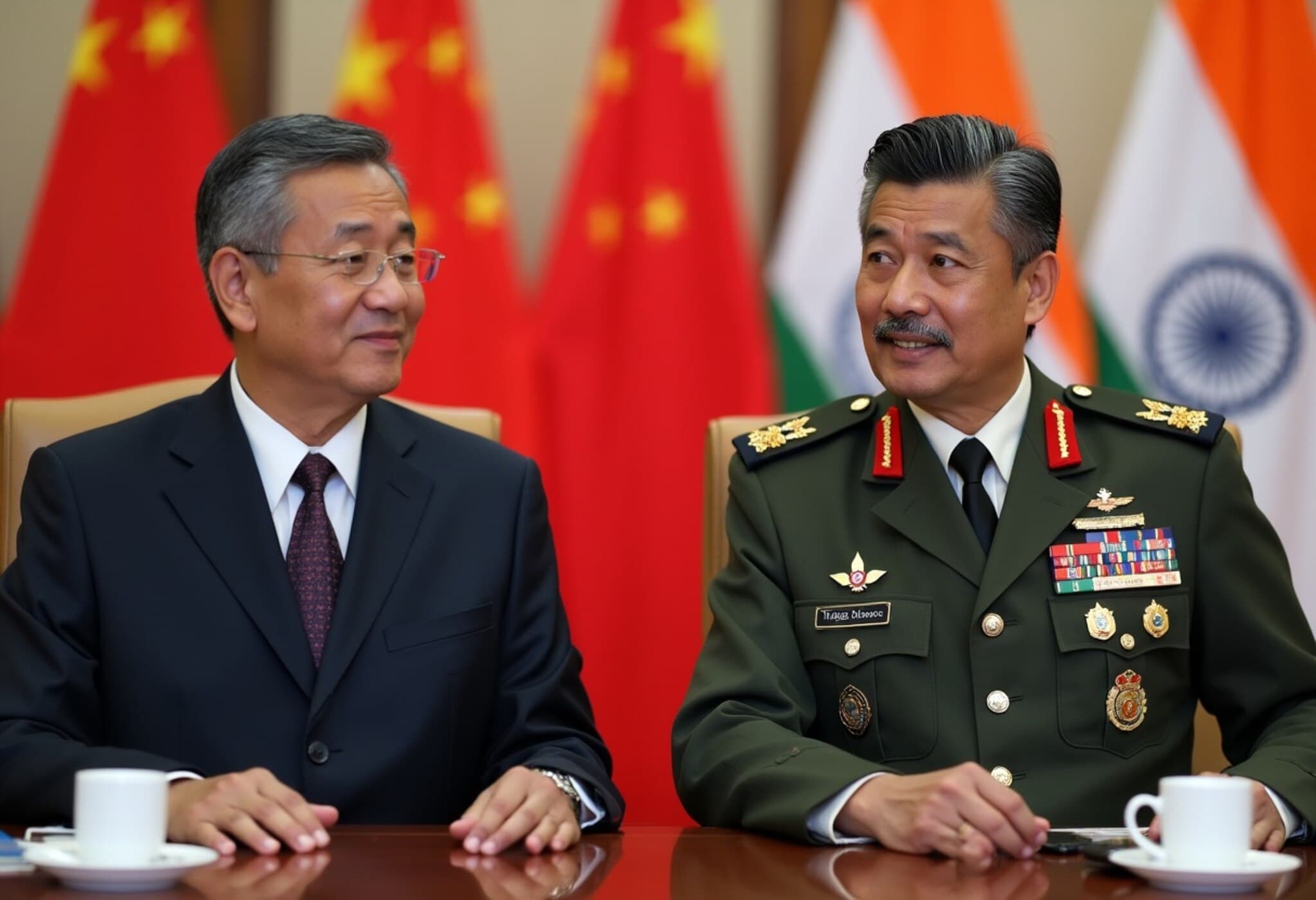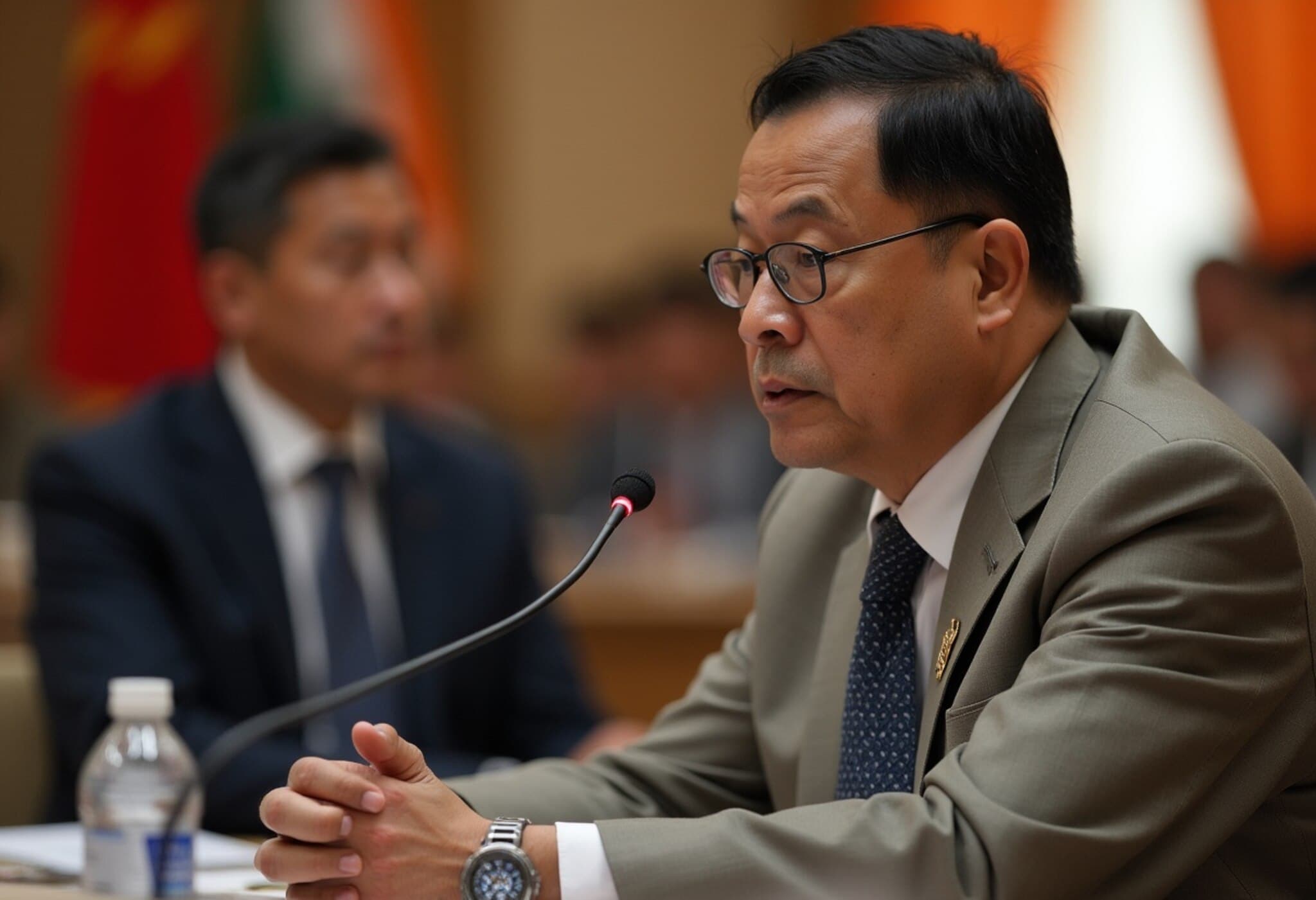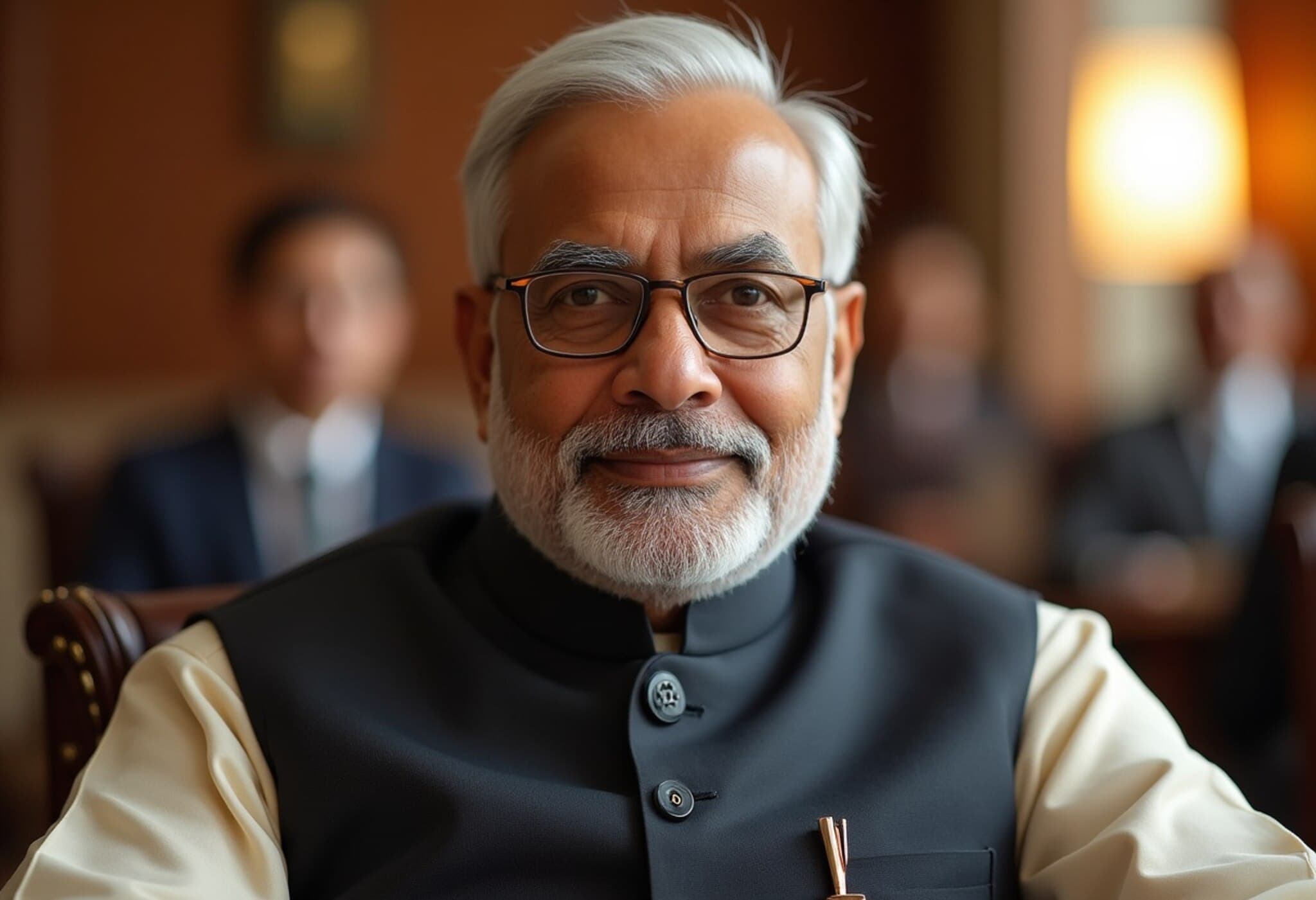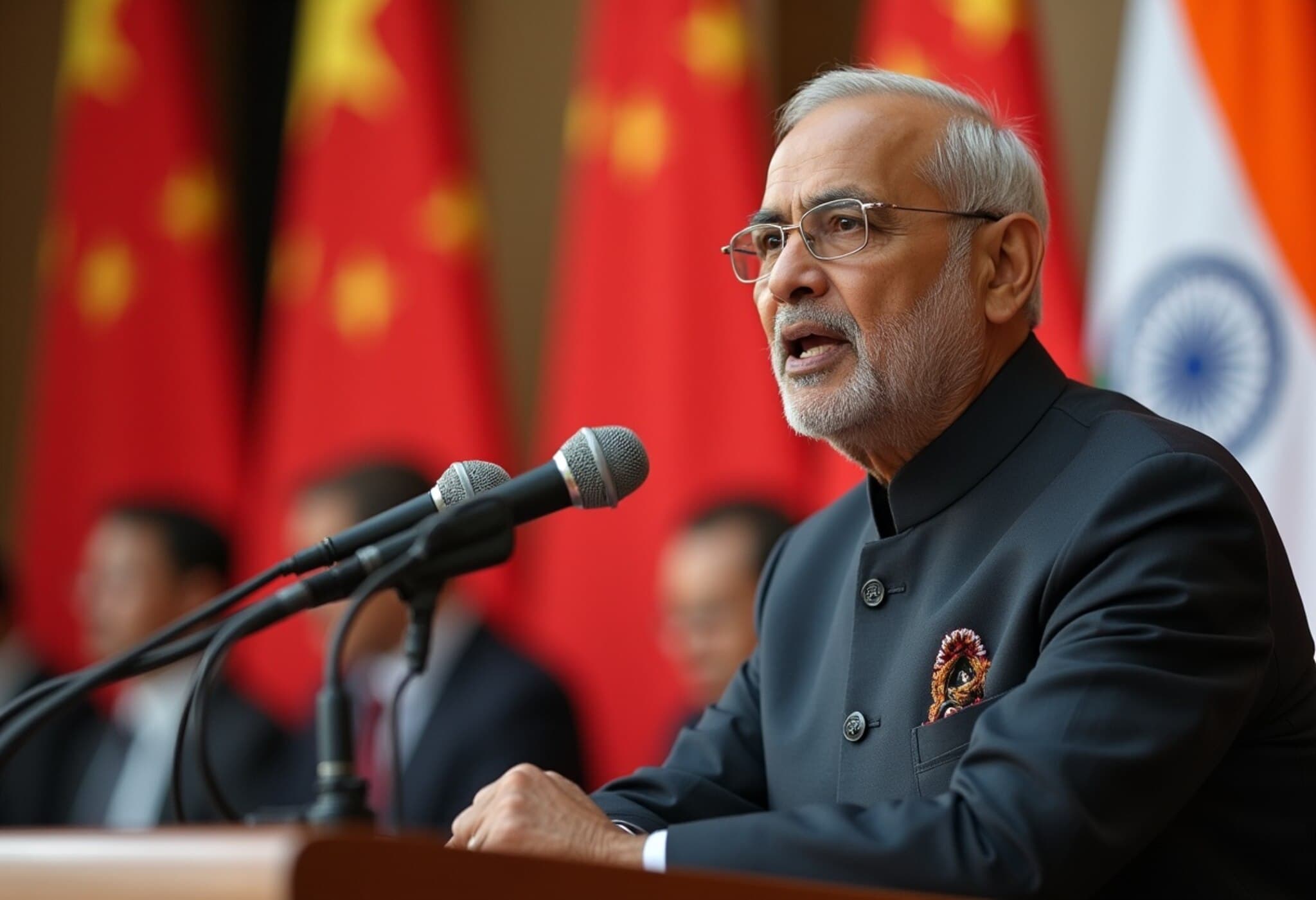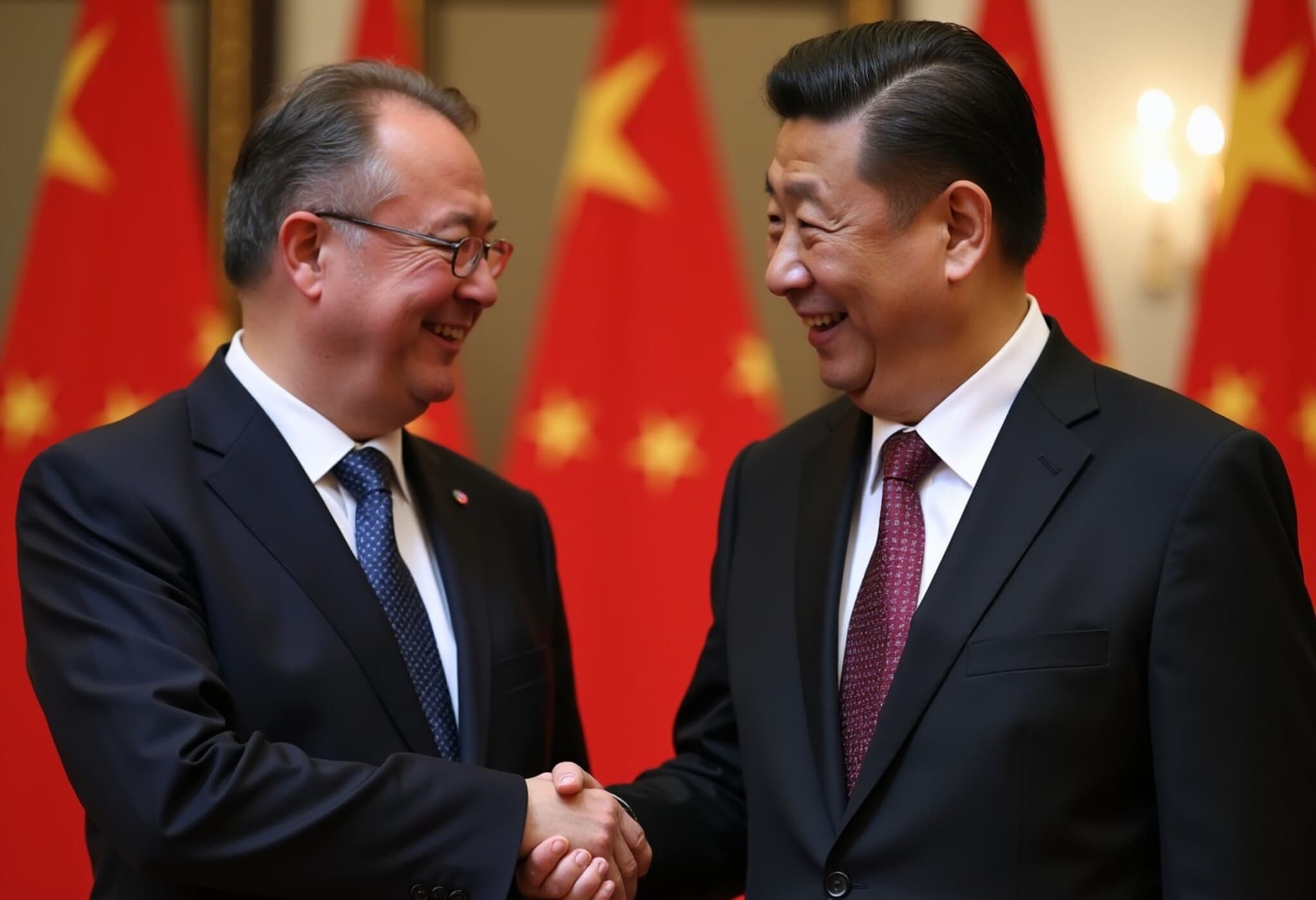India’s Foreign Minister Calls for a Firm Stance Against the ‘Three Evils’ at SCO Meeting
In a decisive address to the Shanghai Cooperation Organisation (SCO) Council of Foreign Ministers on July 15, 2025, India’s External Affairs Minister S. Jaishankar urged member states to adopt an unwavering and collective stance against terrorism, separatism, and extremism — the so-called ‘three evils’ that the SCO was originally established to combat.
Highlighting the Pahalgam Terror Attack: A Wake-up Call
Speaking from Tianjin, China, Jaishankar cited the April 22, 2025 terrorist attack in Pahalgam, Jammu and Kashmir, as a stark reminder of how intertwined these threats remain. The attack, he noted, was deliberately designed not only to spread terror but also to disrupt the region’s vital tourism economy and sow religious divisions.
“The three evils that SCO was founded to combat were terrorism, separatism, and extremism. Not surprisingly, they often occur together. Recently, we in India witnessed a graphic example in the terrorist attack in Pahalgam on 22 April 2025. It was deliberately conducted to undermine the tourism economy of Jammu and Kashmir, while sowing a religious divide,” said Jaishankar.
He underscored that the United Nations Security Council’s strong condemnation of the attack reflects the global consensus on the urgency to hold perpetrators and their sponsors accountable. India is committed to pursuing justice rigorously and called upon SCO members to do the same.
A Call for Uncompromising Unity and Commitment
Jaishankar warned that any soft approach towards these intertwined threats would undermine the foundational purpose of the SCO, a forum brought together primarily for regional security and cooperation.
“It is imperative that the SCO, to remain true to its founding objectives, take an uncompromising position on this challenge,” he urged, emphasizing the need for stronger, collective action.
India’s Broader Engagement in SCO: Beyond Security
Beyond security concerns, the Indian minister touched on the country’s multifaceted contributions to the SCO framework. India has been actively promoting initiatives in areas such as startups, innovation, traditional medicine, and the development of digital public infrastructure — all seeking to enhance member states’ cooperation and shared prosperity.
“We will continue to positively approach new ideas and proposals that are genuinely for our collective good. It is essential that such cooperation is based on mutual respect, sovereign equality, and adherence to the territorial integrity of member states,” Jaishankar remarked.
Tackling Regional Connectivity and Economic Integration
The External Affairs Minister highlighted that for SCO collaborations to deepen, issues like the lack of assured transit rights within the organization must be urgently addressed. Without reliable transit corridors, economic cooperation risks stagnating.
He also called for renewed focus on the International North-South Transport Corridor (INSTC), a strategic initiative to enhance trade linkages spanning India, Central Asia, and Europe.
“Deepening collaboration within the SCO naturally requires more trade, investment, and exchanges. Addressing current challenges is critical, especially transit issues and promoting INSTC,” Jaishankar explained, noting India’s confidence that this corridor would continue to gain momentum.
Supporting Afghanistan: A Collective Humanitarian and Stability Priority
Afghanistan’s long-standing position on the SCO agenda was also underscored. Jaishankar advocated for greater development assistance led by SCO members, citing the twin imperatives of regional stability and humanitarian need.
“The international community, particularly SCO members, must step up with development assistance. India, for its part, will certainly do so,” he pledged.
Navigating a Multipolar World with SCO Solidarity
Finally, Jaishankar placed the SCO’s mission in the context of shifting global dynamics toward multipolarity. He stressed that the group’s capacity to influence international affairs depends fundamentally on the unity and shared agenda of its members.
“Our ability to contribute depends on how well we come together on a shared agenda,” he concluded, signaling the need for cohesion and collaborative leadership within the Eurasian region.
Expert Insights: What This Means for Regional Security and Cooperation
Jaishankar’s speech lays bare several critical, underreported dimensions. The explicit linkage of terrorism, separatism, and extremism as inseparable challenges highlights the complexities Southeast and Central Asia face in navigating security threats that cross borders and ideologies. His emphasis on economic cooperation and infrastructure connectivity reflects a pragmatic approach, acknowledging that sustainable regional security must be coupled with economic integration and development.
Moreover, the call for increased aid to Afghanistan underscores the nuanced balance between humanitarian concerns and strategic stability—an axis often overlooked in headline security narratives but essential for long-term peace in the region.
For the United States and other global powers, observing India’s active leadership within the SCO provides insight into emerging multipolar geopolitics, where regional alliances and organizations are increasingly pivotal in shaping world affairs beyond traditional Western-dominated institutions.
Key Questions Moving Forward
- Will SCO members overcome political differences to forge the kind of unified front Jaishankar advocates?
- How will the balance between respecting sovereignty and addressing cross-border terrorism be managed within a diverse membership?
- Can deeper economic cooperation, such as through INSTC, transform the SCO from a security forum to a robust platform for regional development?
Editor’s Note
Minister Jaishankar’s address serves as a potent reminder that regional security in Asia hinges not only on confronting terrorism but also on binding together the economic and humanitarian strands that sustain peace. The SCO’s future relevance depends on its ability to reconcile diverse interests and uplift shared prosperity while decisively confronting the challenges that threaten its foundation. As global power balances evolve, watching how the SCO responds to these calls for unity offers a window into the broader future of international cooperation in a complex, multipolar world.

